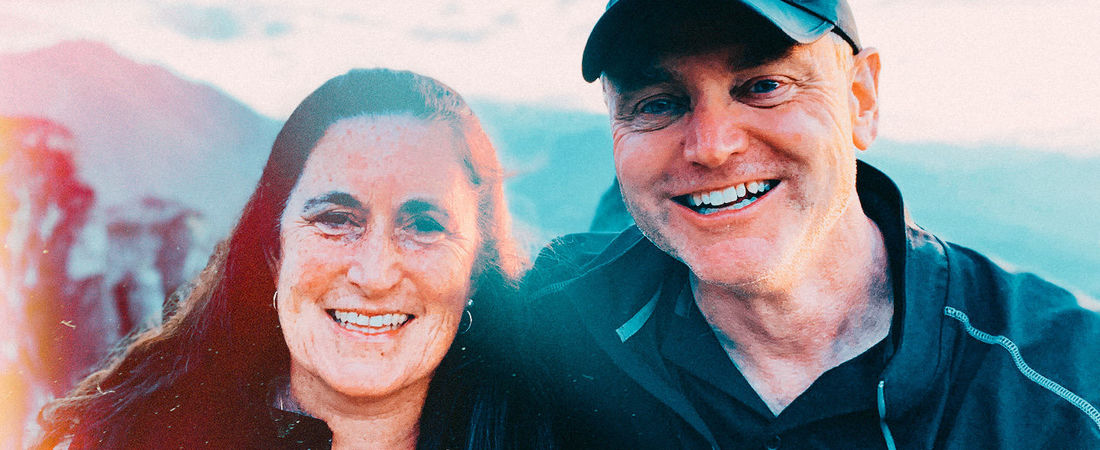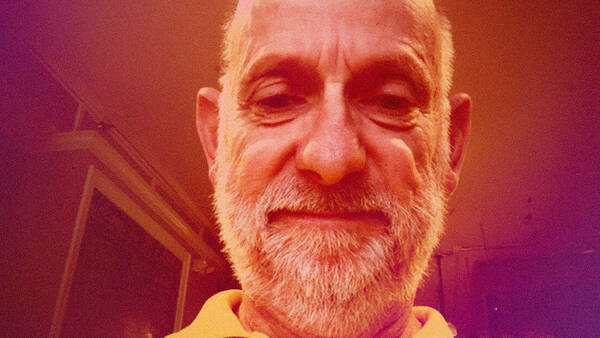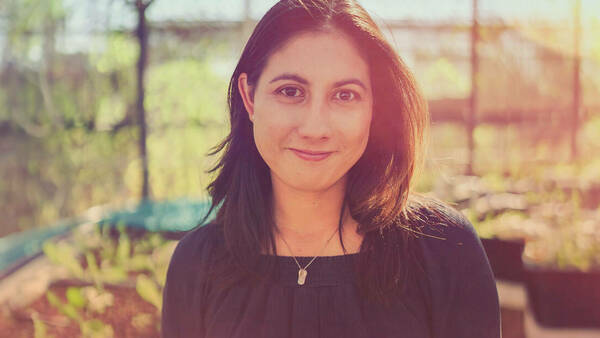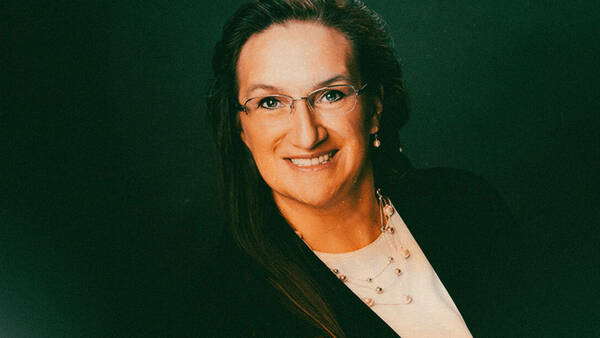Michael Brennan ’84 first volunteered at Annunciation House, an organization that offers hospitality to migrants, immigrants, and refugees in the border region of El Paso, Texas, in 1985, shortly after his Notre Dame graduation. Brennan had been working in Washington, D.C., advocating for the poor in Central America and against U.S. support of dictators in the region. Then Thomas Merton’s Letter to a Young Activist inspired him to go to Annunciation House.
“Merton talks about struggling on behalf of specific people, so that led me to want to work directly with the Central American suffering poor. The experience at Annunciation House really crystallized a lot of my yearning to serve,” says Brennan, who spent a year as a volunteer for the organization’s political asylum cases. “In that time, in the mid-80s, the civil wars were raging in El Salvador and in Guatemala, and so many of our guests had been traumatized — either tortured themselves or seen family members being tortured or killed or disappeared. I was taking their depositions for their asylum cases, and they would end up in tears and I would end up in tears. But that was catalytic for my life … it deepened my conviction that I need to work on behalf of the people, la gente.”
In the 35 years since, Brennan has become a committed activist, advocate, and accompanier to asylum seekers, immigrants, and refugees on the southern border of the United States. Today, he and his wife, Catherine Burke, are the site coordinators at Casa Oscar Romero, one of six shelters under the Annunciation House umbrella, having uprooted their lives in Rochester, New York, and moving to El Paso to help full-time. They had gone to nursing school together, and health care became their careers — Michael as a family nurse practitioner, Catherine as a nurse-midwife — as they raised their four children in the Rochester area.
The Brennan-Burkes had maintained their relationship with Annunciation House after Michael’s first volunteer year, often returning to El Paso, and he served on the board from 2002-08. They had also worked together in Honduras for three years early in their marriage, providing medical care at a center for malnourished children and running an adult literacy program.
But in early 2019, as the number of asylum seekers at the border increased, Michael and Catherine went to El Paso to volunteer at Annunciation House for two weeks. As the organization supported an average of 1,000 asylum seekers per day, they saw an incredible need for help.
“Catherine and I quit our jobs, rented our house, and moved down,” says Brennan. “This was the empty-nest opportunity for the two of us to get back to the glue in our relationship, with what brought us together in the first place — a desire to live and work and serve among the people of Latin America.”
As site coordinators, they are on the front lines of Annunciation House’s efforts to feed, clothe, and house asylum seekers after they are released from ICE detention, where all asylum seekers are forced to wait as their request for asylum is processed. Most of these asylum seekers stay at Casa Oscar Romero for a few days before traveling to stay with the family members already in the U.S. while they wait for an asylum hearing. Casa Romero also helps arrange transportation to the bus station or airport when they leave El Paso to meet their families.
As these asylum seekers settle in the U.S. and await their hearings, the atmosphere is not always as welcoming as the one at the Annunciation House shelters.
“One of the most heart-wrenching aspects of this work for me is the way that our government is dehumanizing people. We’re taking a population and dehumanizing them and making them villains in a story that has much more nuance to it than us-versus-them. The border is complex; there are so many historical layers to what’s going on politically and economically,” Brennan says.
But what strikes him again and again about the refugees and immigrants that he works with is their complete reliance on faith in God.
“In the United States, we tend towards self-reliance. We think our wealth and our privilege are our doing,” he says. “And these people are so dependent on God — it’s all an act of faith, walking out their front door with a little backpack after having sold their little house and their land to be able to try and afford a trip north.”
Brennan’s work is often emotionally demanding as he witnesses the hardship and trauma of the refugees. All of the refugees have children, and many have fled gangs threatening extortion, kidnapping, or death. One of the refugees was a woman who had acid burns after being kidnapped and tortured by a gang. Another man broke both of his legs on the journey north, falling off the top of the border wall.
In talking about the work at Annunciation House, Brennan seamlessly integrates Spanish phrases into his descriptions, demonstrating his longtime solidarity with Spanish-speaking immigrants and refugees, and he says he honed his faith and commitment to this work as a student in the Center for Social Concerns at Notre Dame. Throughout his decades of work on the border, Brennan says he often returns to the words of Henri Nouwen, a Catholic priest and author who Brennan met on campus during his senior year.
“Henri Nouwen said the opposite of love is not hate, the opposite of love is fear, and that each of us needs to make a decision: whether we’re going to live in the house of love or the house of fear. The fear of the stranger in our country has gone up exponentially, and we’re losing our ability to extend loving hospitality,” Brennan says. “I’ve welcomed thousands of refugees, and I haven’t come across a single drug dealer, gang member, or thug. What I’ve come across are mothers and fathers trying to raise their families and trying to provide food, clothing, shelter, and education for their families in a safe environment, and not live in fear of torture, kidnapping, or death. Offering them hospitality is at the heart of the Gospel."



